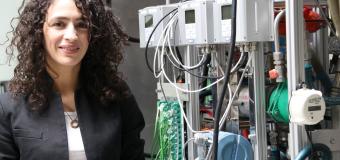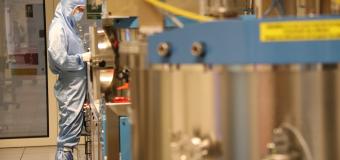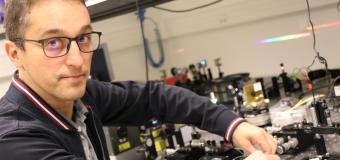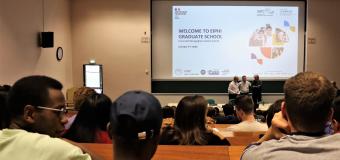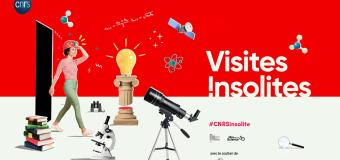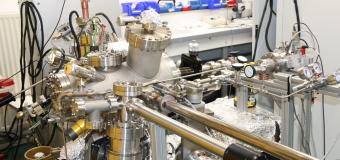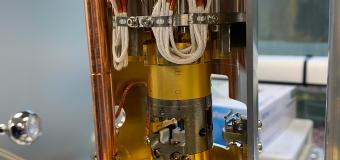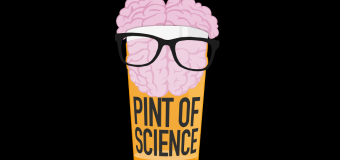Secure and certify time
Inauguration on Tuesday, July 9 of a joint laboratory between FEMTO-ST and Gorgy Timing to develop secure and certified time and frequency broadcasting systems for wireless and computer networks.
With the acceleration of exchanges, the dissemination of time has become a prerequisite for current societal interactions. Indeed, it currently regulates rail and air traffic, guarantees the dating of financial transactions, and allows the synchronization of distributed energy networks or high-speed communication networks. A gain in accuracy, traceability and security is imperative for the time reference.
Thus, the computer security capabilities of time servers are a fundamental requirement to deal with vulnerabilities such as jamming, falsification or misleading dating data. This is the objective of the collaboration between Gorgy Timing of the FEMTO-ST Institute within the framework of this joint laboratory FAST LAB (Certified And Secure Time and frequency transfer common Laboratory).
Indeed, Gorgy Timing is an innovative family business, dedicated to time transfer. As a time operator, the company is a leader in Europe, developing tools for the diffusion of secure, certified, accurate and traceable UTC time from any point in the network to the customer with an accuracy of one millisecond to one nanosecond. As part of these innovations, the company wanted to develop its research and innovation capacities in secure time with the FEMTO-ST Institute, which offers it a research synergy ranging from time-frequency (generation of ultra-stable sources) to computer security (cybersecurity).
This 36-month collaboration was made possible thanks to the financial support of the French Research Agency.


